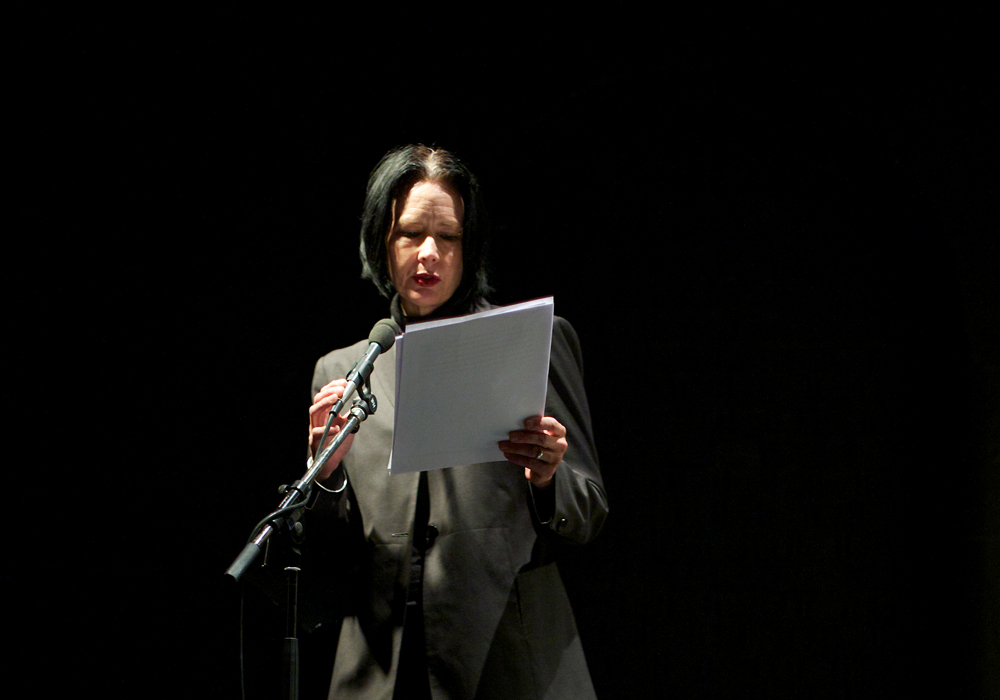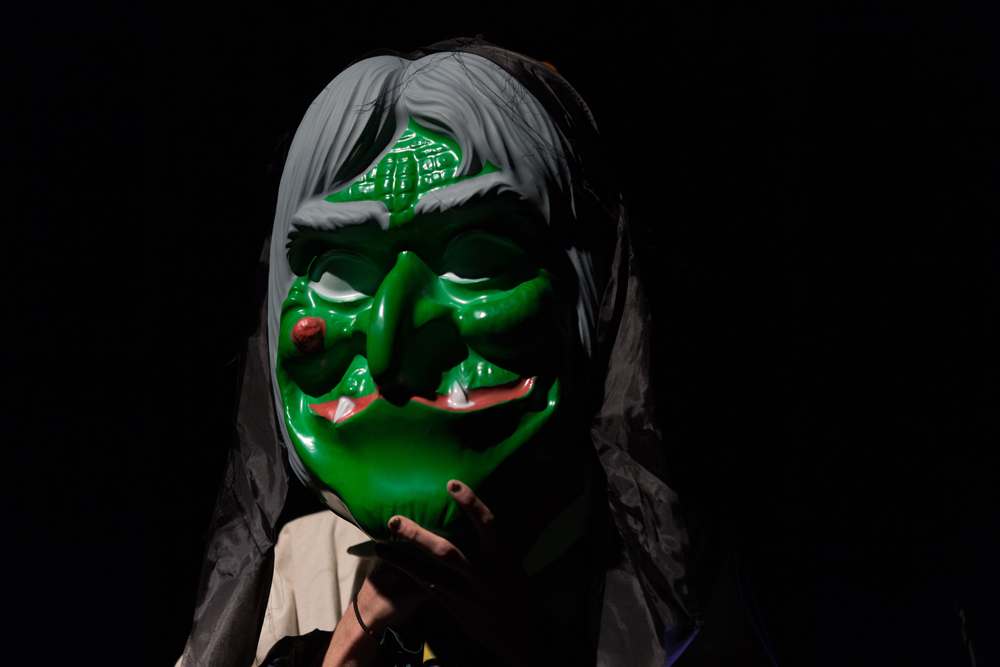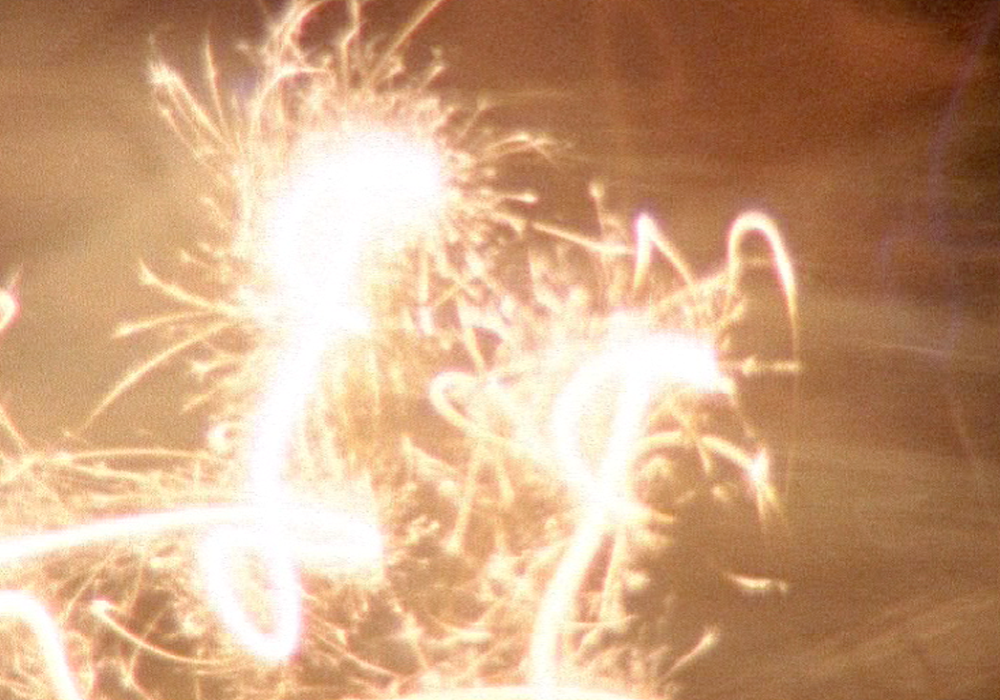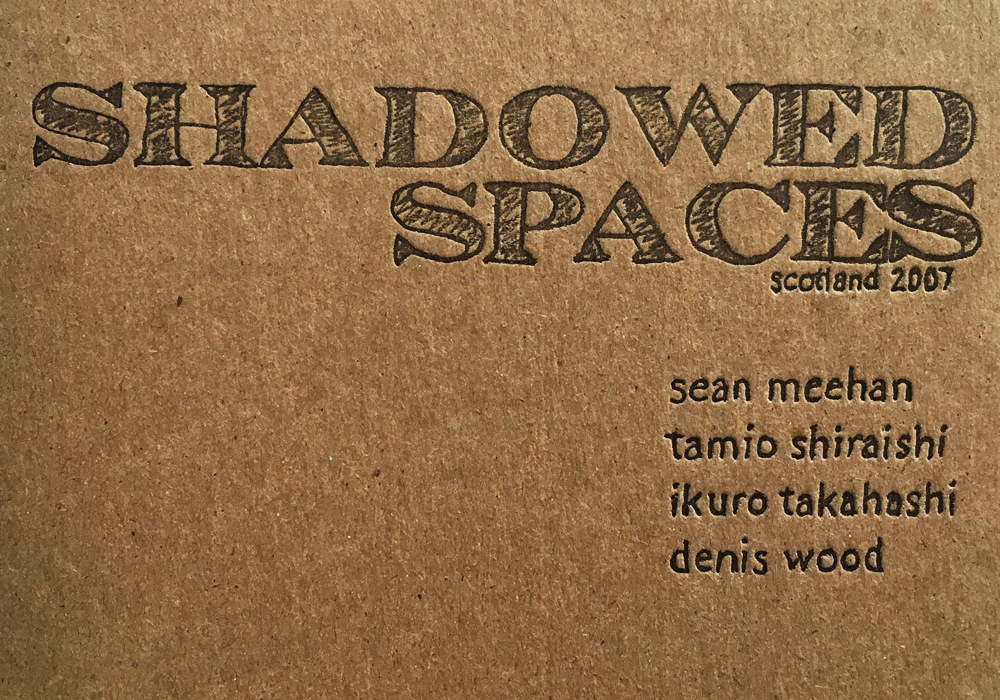
Notes on Conceptualism Lecture
Vanessa Place
Vanessa Place talks at The Friday Event series at the Glasgow School of Art about her practice as a writer.
Arika have been creating events since 2001. The Archive is space to share the documentation of our work, over 600 events from the past 20 years. Browse the archive by event, artists and collections, explore using theme pairs, or use the index for a comprehensive overview.

Vanessa Place talks at The Friday Event series at the Glasgow School of Art about her practice as a writer.

A performed installation by one of Germany’s most interesting visual artists, based on edited transcripts of the 1961 trial of Adolf Eichmann in Jerusalem and the writings of Hannah Arendt

The club as a community and a site for performed politics: deep/ queer house, vogue femme, lipsync and ballroom.

(Cyber)feminist, non-essentialist transgender and queer daily radio shows using the formula of morning radio as an arch way of thinking about the scripted behaviour and controlled empathy of systematic care.

In true reality television style, this in-depth artist talk will tackle all the hardest-hitting questions and juiciest details about care, creative collaboration, and disability justice.

Can we use sound, repetition and difference to personally and collectively engage with space, time and labour?

A somehow hyper-modern, ancient and folkloric lip-synced, made-up, fashioned performance.

Freeform Super 8mm documentation of Sunday at Instal 06 by filmmaker Matt Hulse.

Craig will give a guided reading of his handbook of exemplary instances of literary listening and will be joined by one of the selected authors, Vanessa Place.

There exist places in our towns and cities that are created not by design, but by circumstance. Shadowed Spaces was a tour of overlooked, bypassed and unconsidered nooks and crannies with 3 musicians.

A crash-course in pre-figurative, radical, queer, anti-racist, anti-police, anti-prison, anti-deportation abolitionist politics and trans-resistance.

How can we imagine bodies not as an end in themselves, but as a medium through which we can become one another’s means?